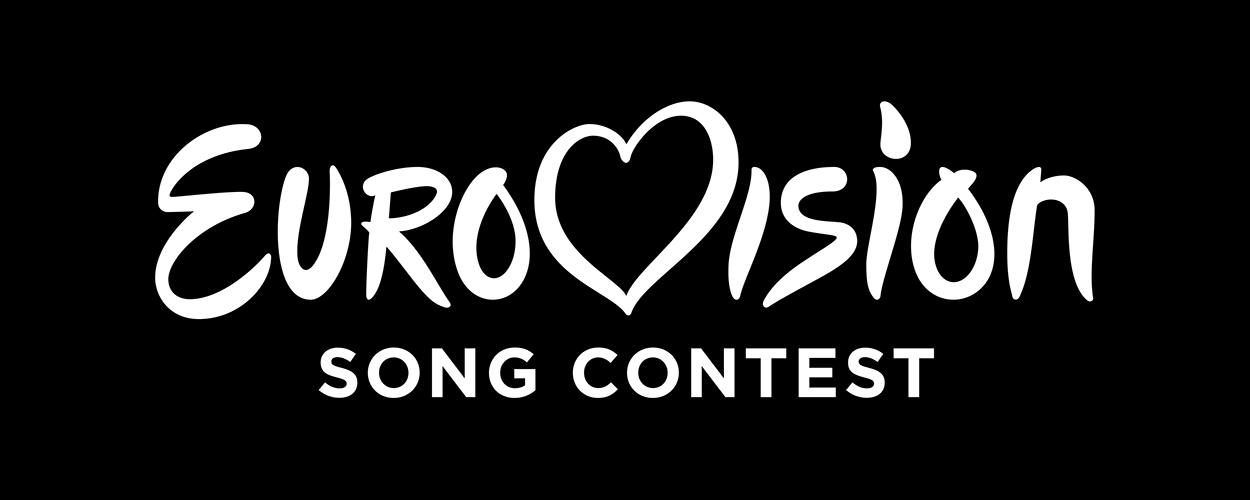This website uses cookies so that we can provide you with the best user experience possible. Cookie information is stored in your browser and performs functions such as recognising you when you return to our website and helping our team to understand which sections of the website you find most interesting and useful.
And Finally Artist News Media
Eurovision interval performers to socially distance on rooftops
By Andy Malt | Published on Friday 26 March 2021

The Eurovision Song Contest is planning to go ahead in May with social distancing in place, and that will extend in a somewhat extreme form to the big interval show. Six performers will appear on different rooftops around host city Rotterdam, nowhere near each other or anyone else, blasting any germs they might be harbouring in their throats straight out into the night sky.
All six acts performing on the night will be former Eurovision winners. And an eclectic bunch they are too. There’ll be two previous Dutch winners – Lenny Kuhr (who won in 1969) and Teach-In (1975) – plus Sandra Kim who won for Belgium in 1986; Greece’s 2005 winner Helena Paparizou; Måns Zelmerlöw who took it for Sweden in 2015; and (ensuring that any germs will indeed be blasted) Finland’s 2006 winners Lordi.
“The Eurovision Song Contest is back after a year of absence”, says the head of this year’s show, Gerben Bakker. “Reason enough to treat the millions of viewers to unique performances from three locations in the middle of the city. The title of this great act is ‘Rock The Roof’ for a reason. By literally filming at great heights, we want to surprise Europe creatively and visually. In addition, I could not have wished for a better city than Rotterdam. Every shot in this city hits the spot. Rotterdam will not soon be forgotten”.
“Because this is the 65th Eurovision Song Contest, we are taking a journey through time”, he adds. “We are particularly proud that Teach-In will reunite the original line-up after a very long time. Every performance will have its own unique atmosphere”.
Meanwhile, controversies continue over some of this year’s entries, following those protests over Cyprus’s chosen song from religious groups in the country.
Belarus’s entry was rejected by organisers of the competition earlier this month, after it was deemed to put “the non-political nature of the contest in question”. The song – ‘Ya Nauchu Tebya (I’ll Teach You)’ by Galasy ZMesta – had already been the subject of a petition calling for its disqualification, saying that the song celebrates “political oppression and slavery”. The country has now agreed to put forward a different song.
Meanwhile, Russian entrant Manizha has spoken to the BBC about abusive messages she has received since being chosen to represent the country. Although a Russian citizen, she was born in Tajikistan, which has resulted in racist messages. Meanwhile, her song – ‘Russian Woman’ – celebrates female empowerment in the country, which has proven too much for some.
“It was very hard to understand that someone can hate you so much”, she says. “One woman, who has two children, wrote a message, like, ‘I will pray to God that your aircraft will crash when you go to Rotterdam’. And we are having some threats, like ‘if you’re gonna sing like this about Russian women, you’re not gonna live [here] anymore'”.
However, she goes on: “I have a lot of support. I can see it. Not only from media and media people, [but] from people who think the same like me. And this thing is supporting me, this thing makes me stronger, and I’m like, ‘I will go on the stage and I’m gonna do my job, yeah, I’m gonna do it'”.
This year’s Eurovision grand final is set to take place on 22 May.





